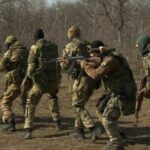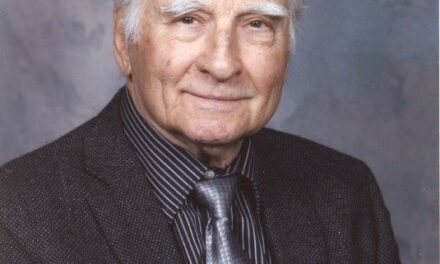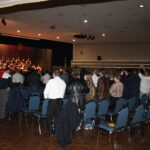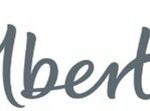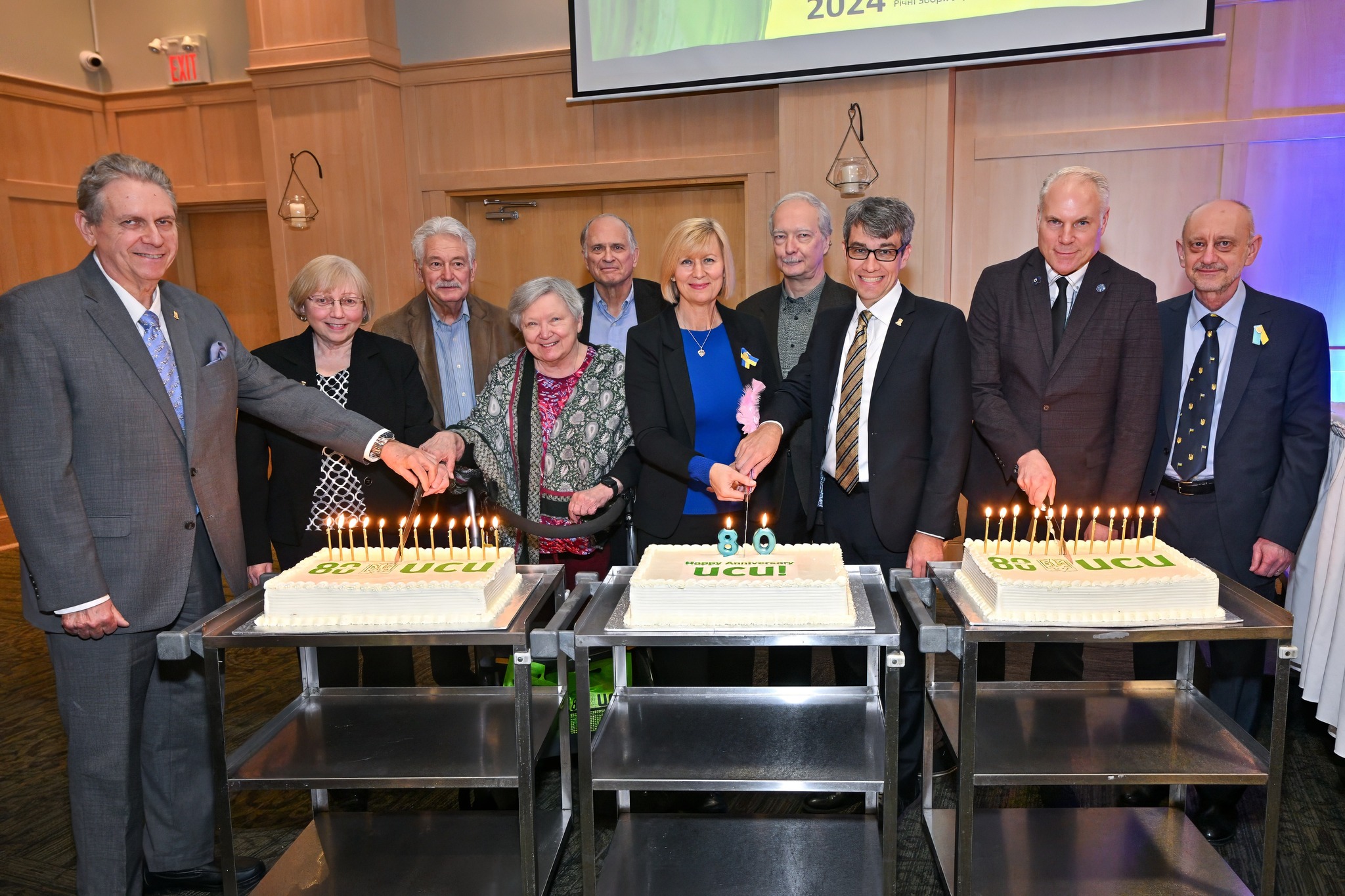Reading books has been a strong passion for most of my life. Over the seven decades of my existence, I am sure I have read thousands, if not tens of thousands of books. I can recall how during my high school years, I would keep the school librarian busy by reading at least four or five books every week. It was not unusual for me to finish a book in the course of one evening.
I loved books and over time, I amassed an impressive personal library. After many moves and some amount of residential downsizing, most of those books wound up neatly boxed and occupying a large proportion of the available space in my basement. Several years ago, I realized that it was highly unlikely that I would ever crack the covers again on most of them, so with some reluctance, I determined that a purge was necessary, and most of my library was either given away to charities or donated to the local library. My library has shrunk to just a few hundred books, mostly reference and history books.
I should note that my current diminished passion for reading books is likely due to a corresponding and unfortunate increase in addiction to the internet and its alluring infinity of content. I read just as much as ever, only now it is on a screen, and I suspect the quality of what I intellectually consume leaves much to be desired. This trend has been exacerbated by an accompanying attraction to the seemingly endless choice of content on cable television and live-streaming services. I suspect that one’s learning quotient is inversely proportional to one’s endless desire to be entertained. Serious reading requires intellectual engagement, whereas watching something on a screen is essentially a passive experience. Mea culpa, mea culpa, mea maxima culpa! I suppose that as I have aged, I have given way to some mental laziness.
This growing awareness of my own literary lassitude has prompted me to try and re-establish the reading of books as a more regular practice. The care and maintenance of one’s neural networks becomes ever more necessary and important as we age and are forced to cope with diminished memory and mental acuity. The old adage to “use it, or lose it” becomes ever more relevant, so I am determined to keep on “using it.”
As I have once again resumed buying and reading books, I have noticed a significant change in my reading patterns and habits. I find myself reading non-fiction books almost exclusively. I seem to have lost interest in fictional literature, and my tastes run more into the genres of history, science, philosophy sociology and politics. Further, I have gotten into the habit of reading several books concurrently. It used to be that when I started a book, I would try and finish reading it as soon as possible, before I picked up another. Now, I have two or three books on the go at any given time. Whether it is a lack of discipline or just a restless brain demanding a broad variety of input, I am not sure. Likely, the nature of my attention span has changed significantly over the course of time.
Right now, I am in the various stages of reading three very different books. I am about halfway through Myrna Kostash’s latest exploration of her personal family history titled “Ghosts in a Photograph”. In it, she tries at great length to delve into the thoughts, emotions and motivations of her immigrant grandparents before and after they arrived in Canada over a century ago. Her insights and acutely personal reflections resonate deeply with me, since my own knowledge of most of my ancestor relatives is also restricted to images on old photographs. Her writing evokes deep emotions, which I suppose is why I can only read her book in limited doses at a time.
The second book I have recently started reading is “Enemy Archives” by Lubomyr Luciuk and Volodymyr Viatrovych. This thousand page opus is heavy reading indeed, and consists of an edited compendium of relevant documents from the archives of the Soviet KGB, dealing with their efforts to combat and destroy the Ukrainian underground in the form of the OUN (Organization of Ukrainian Nationalists) and their various partisan forces fighting both the Nazi and subsequently Communist invaders during the 1930s, 40s and 50s. It includes a wealth of records and materials produced by the Ukrainian underground as well as records of the Communist regime and its counter-insurgency efforts. This is definitely not light reading and is aimed I would guess primarily at academics and serious historical researchers. Nonetheless, I am determined to plow through it.
The third and final book that I turn to from time to time, to read another chapter or two, is one written by my daughter Zenia Kish and is titled “Food Instagram – Identity, Influence & Negotiation”. It is an analysis of how modern social media portrays and deals with food and food production. It is an academic treatise with all that implies, and I sometimes struggle to understand the concepts presented as I have discovered that the academic world has developed its own jargon that some of us mere mortals find difficult to understand. As difficult a read as it may be, I persevere, since there are many useful insights to be had into modern human behaviour in a digital era.
All these books are available on Amazon for anyone that might be interested, and all are worth reading, though be forewarned that all three are a demanding though enjoyable read.
Share on Social Media

















